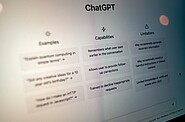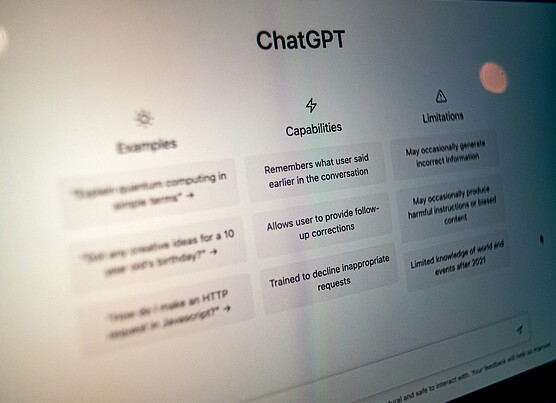Profile
Begum Celiktutan is a Doctoral Candidate in Consumer Behavior at the Rotterdam School of Management, Erasmus University. Her research focuses on social judgements and differences in the way consumers perceive themselves and others. She explores self-other differences in the context of technology, particularly regarding the recognition of biases and perceptions of intellectual property, as well as in the context of consumption.
Her research has been published in leading journals, including the Proceedings of the National Academy of Sciences (PNAS) and the International Journal of Research in Marketing (IJRM).
During her PhD studies, she spent time as a visiting student at the Wharton School of the University of Pennsylvania and the Questrom School of Business at Boston University. Begum holds a BSc degree in International Relations (2015) with a minor degree in Psychology from Middle East Technical University. She also completed an MA degree in Management at Bogazici University (2019) and a Research Master’s degree in Marketing at Tilburg University (2020).
Publications
Article (2)
Academic (2)
-
Celiktutan, B., Klesse, A. K., & Tuk, M. A. (2024). Acceptability lies in the eye of the beholder: Self-other biases in GenAI collaborations. International Journal of Research in Marketing, 41(3), 496-512. https://doi.org/10.1016/j.ijresmar.2024.05.006
-
Celiktutan, B., Cadario, R., & Morewedge, C. K. (2024). People see more of their biases in algorithms. Proceedings of the National Academy of Sciences of the United States of America, 121(16), e2317602121. Article e2317602121. https://doi.org/10.1073/pnas.2317602121
Courses
Past courses
BSc Project Behavioural Experts
- Study year: 2023/2024
- Code: B3T3103
- Level: Bachelor 3, Bachelor 3
Featured in the media
-
People think GenAI is perfectly fine in their own work. For others, not so much
People are commonly blind to how much influence Generative AI (GenAI) has over their work, when they choose to enlist the support of technologies such as Chat GPT to complete professional or educational tasks, new research finds.…
Thursday, 15 August 2024 -
New Research Reveals How Blind We Are to the Influence of AI
Research from associate professors Dr Mirjam Tuk and Dr Anne Kathrin Klesse alongside PhD candidate Begum Celiktutan in this article about people often being blind to how much influence Generative AI (Gen AI) has over their work,…
Wednesday, 14 August 2024 -
New Research Reveals How Blind We Are to the Influence of AI
Agency-distributed article about RSM research by Mirjam Tuk, Anne-Kathrin Klesse and Begum Celiktutan that finds people are commonly blind to how much influence Generative AI (Gen AI) has over their work when they choose to enlist…
Monday, 22 July 2024
Featured on RSM Discovery
Discover the double standards in the acceptability of using generative AI (GenAI) at work. Research reveals people perceive their own use as inspiration while seeing others' use as outsourcing, impacting marketing, policymaking, and education.



